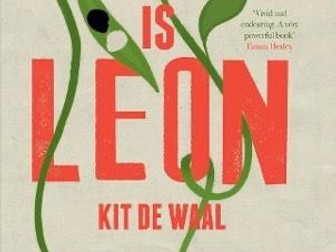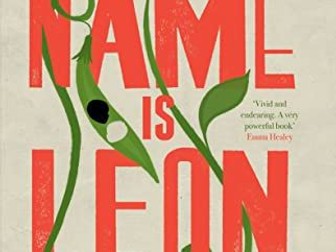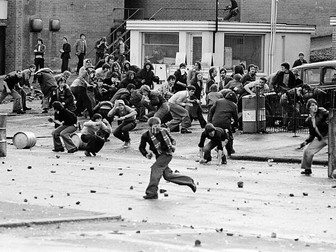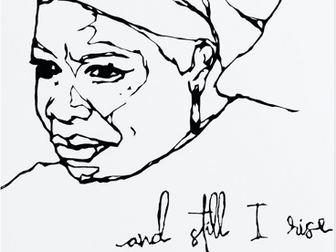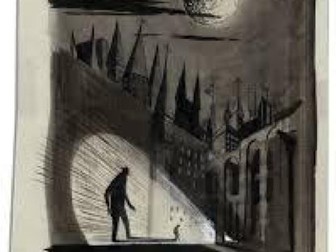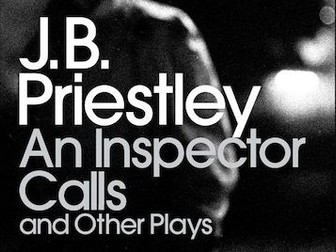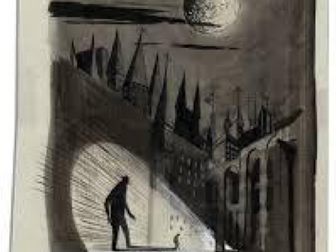
'My Name Is Leon' Workbook/Revision Resource
Highly detailed workbook to accompany study of ‘My Name Is Leon’ by Kit de Waal. The booklet is 48 pages long and spans the whole novel, and includes a wide range of activities targeted at GCSE pupils. The booklet addresses the AQA GCSE Assessment Objectives, including close analysis of writer’s methods and context. It includes practice essay questions and model paragraphs. Ideal to give to pupils as a revision resource or to use as a workbook to accompany class reading of the novel.
